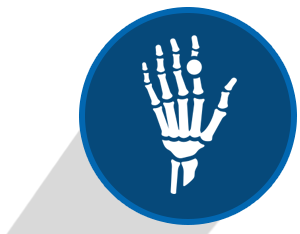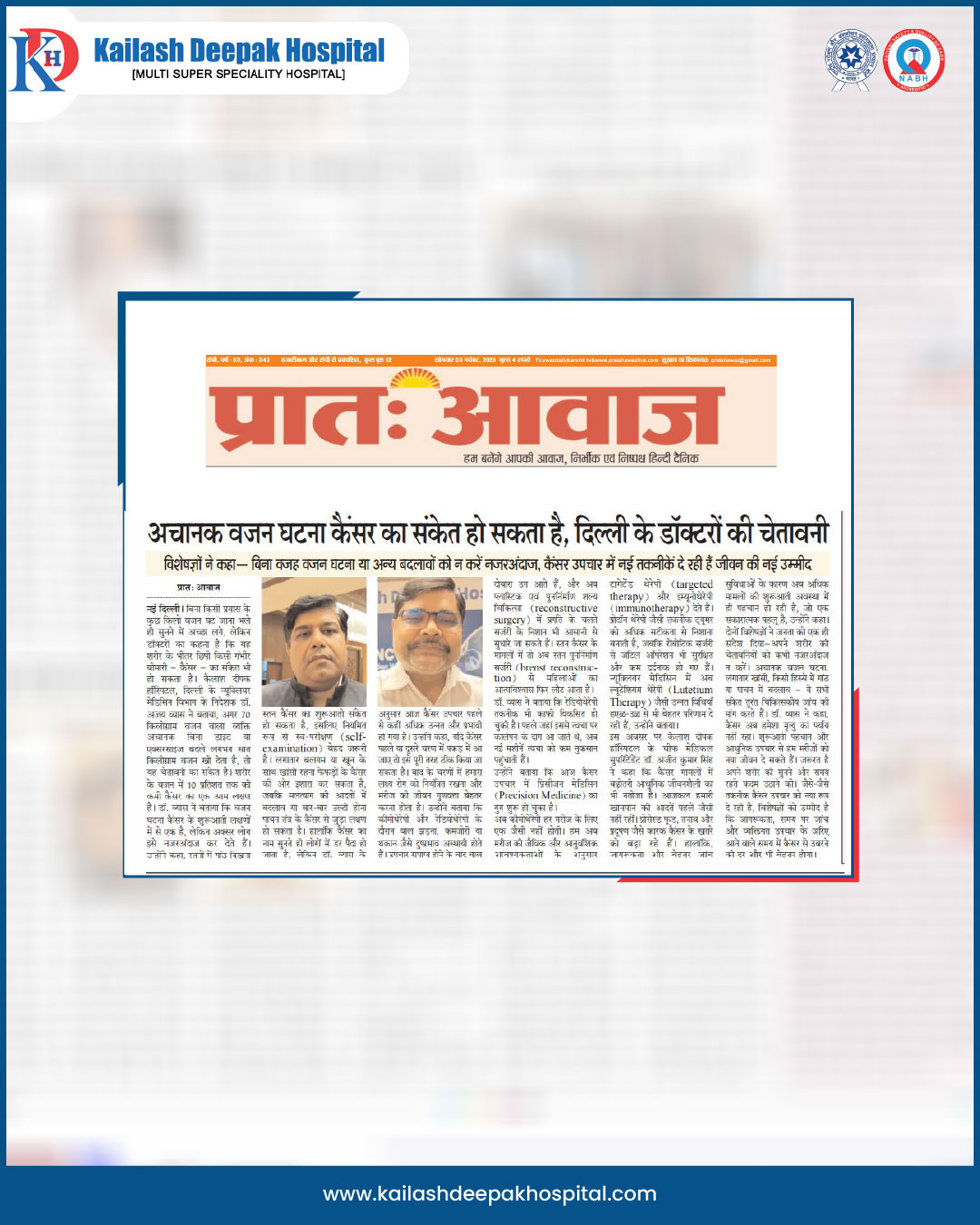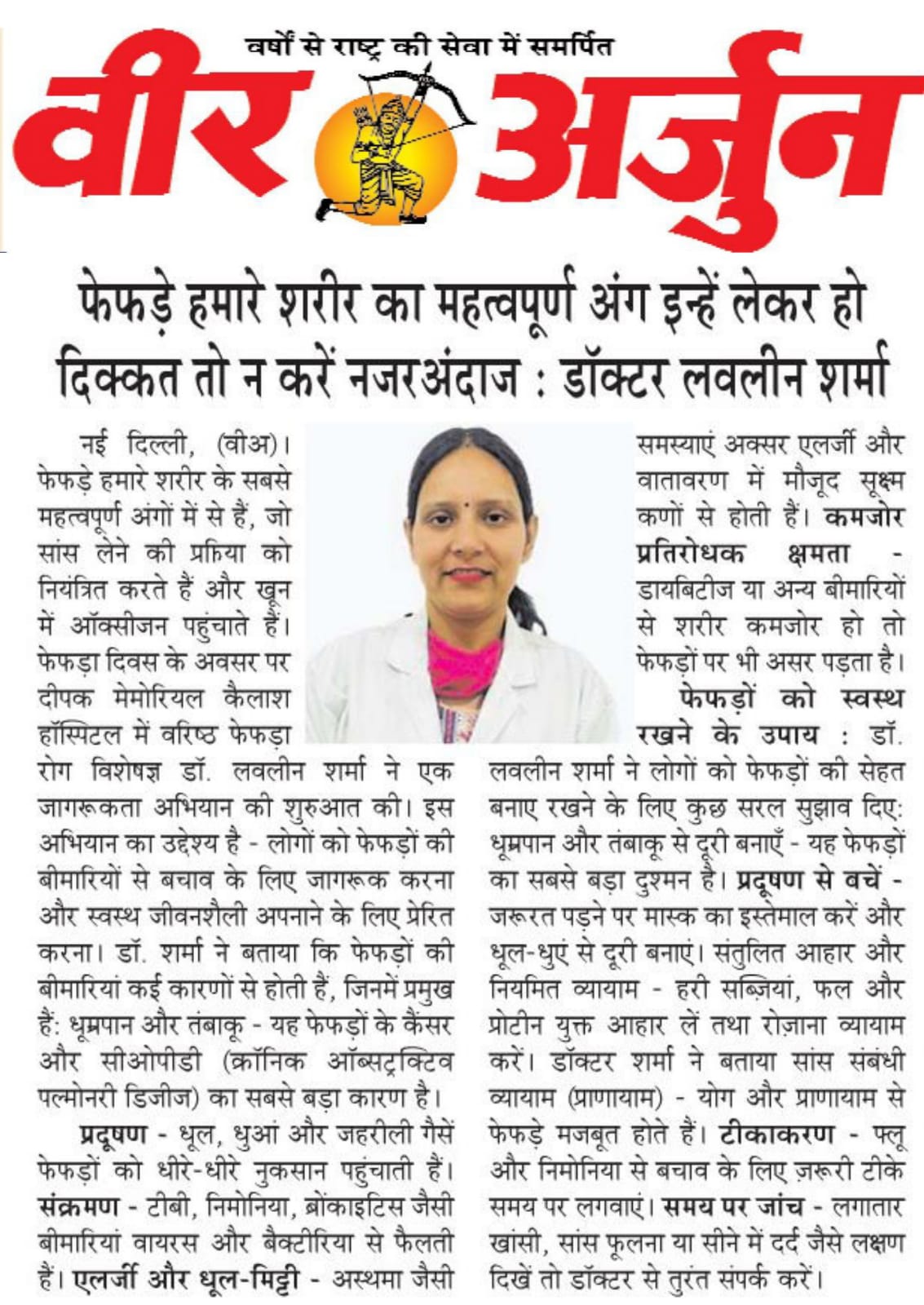Rheumatology
Rheumatology super-speciality department at Kailash Deepak Hospital is dedicated to providing care for people with rheumatic and inflammatory diseases affecting the joints and connective tissues. The hospital embraces a philosophy of integrated care as a leader in the treatment of rheumatic disease. The division of Rheumatologists and supporting staff at the hospital is acknowledged for diagnosing and treating rheumatic disorders, and they advance medical knowledge through continuing medical education programs and practical expertise.
For any type of rheumatologic disorder any patient is experiencing, Kailash Deepak Hospital’s super speciality of rheumatic diseases is always ready to assist. Our staff has expertise in both general and complex ailments. In the super-specialty department, we bring together a diverse group of doctors to collaborate on diagnosing and developing a specific treatment plan for the patient.
Our division provides state-of-the-art diagnoses for arthritis and many autoimmune diseases ranging in complexity and requiring the treatment and expertise of trained rheumatologists. The staff is well-trained in both internal medicine and rheumatology; hence, the number of rheumatologists allows us to provide comprehensive care for each of the patients.
Apart from the joints, there are several disorders that can damage joint components either single-handedly or multiple at once, including cartilage, bone, ligaments, etc. Rheumatologists are considered the experts in the care of underlying disorders.
Disorders covered under Rheumatology department:
- Arthritis
- Back Pain
- Fibromyalgia
- Gout
- Lupus
- Lyme Disease
- Myositis
- Ankylosing Spondylitis
- Antiphospholipid Syndrome
- Osteoarthritis & Osteoporosis
- Rheumatoid Arthritis
- Scleroderma
- Spondyloarthritis
- Undifferentiated Connective Tissue Disease
Treatment Procedures :-
Physical Examination : While performing physical examination a rheumatologist will assess the patient’s overall physical condition by checking his or her pulse, listening to their heartbeats and lungs, and feeling for swollen lymph nodes if any.
Diagnostic Testing : Rheumatologists diagnose systemic inflammatory diseases and musculoskeletal conditions. They use a variety of tests to identify the underlying cause of a person’s symptoms. According to medical experts, the potential causes of inflammation are environmental exposure, infections, genetics, abnormal uric acid metabolism, and autoimmune conditions.
Imaging and Lab Testing : Different imaging tests are conducted to look for joint damages. On one hand, Imaging tests include X-Ray, Ultrasound, MRI Scan, and CT scan. While on the other hand Lab Tests include a blood test, urine test, joint fluid sample, etc. Rheumatologists use these results to examine signs of inflammation or infection to test if there are more than normal inflammatory reactants, antibodies, or white blood cells.
Our Extensive Team of Doctors:-
Meet our highly trained and well-experienced team of Rheumatologists having expertise in the treatment of rheumatic and inflammatory diseases.
















